Vitamin-enriched skincare is not a fad. On the contrary, blurring fine lines and wrinkles and reducing the look of brown spots even boosts your skin's protection to free radical damage from UV rays. Essentially, a daily dose of vitamins layered onto your face works for just about any skin concern including ageing, says editor Trudi Brewer. Read on to learn more.
Image Instagram
For some of the best serums and creams, along with expert advice, Life Pharmacy is your go-to. Here's the ultimate guide to vitamin-enriched skincare.
Vitamin A
Retinol is perhaps the best-studied ingredient for age reversal and gets the thumbs up from the pros globally. Not only does it help stimulate collagen, but it also gently exfoliates by speeding up your natural skin cell turnover that becomes sluggish with age. It's also a potent acne fighter if you suffer from breakouts. Here's a quick science lesson. Vitamin A, or what is commonly known as retinol, comes in many forms., which is where the confusion lies. First, the oil (or ester) form includes retinyl propionate, retinyl palmitate and retinyl acetate. Second, the acid form is known as retinoic acid. There is also a plant-based alternative known as bakuchiol, with more cosmetic companies using it to work in the same way as retinol does but without the risk of skin sensitivities. Using retinol for a few days will do nothing long term. To get a brighter complexion and fewer wrinkles, you need to be in for the long haul; once you start, you need to use vitamin A skincare for life to see the best results. Finally, If you're contemplating retinol, it's better to start low and slow. Begin with a lower concentration and use it weekly at first, then step it up to every night, so your skin can build tolerance. Also, with this ingredient, you need to use sunscreen every day.
The ideal candidate: For fine lines and deep wrinkles, or skin lacking clarity, this vitamin is the gold standard in age reversal.
Avene A-Oxitive Overnight Peeling Cream, $60. me today Vitamin Renew A Serum, $45.
Vitamin B3 or Niacinamide
This skincare multitasker is on a roll right now. Niacinamide is best known for helping skin maintain a good barrier function. It’s also fuel for your skin cells, which means keeping moisture in and irritants out. It can improve your skin tone by blurring dark spots and calming inflammation, reducing the appearance of pores, dark spots, pigmentation, redness, and fine lines and wrinkles. The other B vitamins that are good for the skin include thiamine B1, riboflavin B2, and pantothenic acid B5, s well as also biotin B6, folate B7.
The ideal candidate: If you have sensitive skin, skin that feels dehydrated, and want to shift brown spots and blur fine lines, try niacinamide.
The Ordinary Niacinamide 10% + Zinc 1%, $23. Dermalogica Age Bright Clearing Serum, $128.
Vitamin C
Vitamin C (or L-ascorbic acid) deserves the glory it receives as a top skincare ingredient. In the same way, a dose of vitamin C in the body boosts the immune system in the skin. In addition, it stimulates collagen production and protects the skin against environmental stressors, like the damage caused by pollution and UV rays (that's why it's starting to show up in sunscreen formulas). But its valid claim to fame is how it can fade and prevent pigmentation. Quick science lesson: It inhibits the action of an enzyme in the skin called tyrosinase linked to melanin (pigment in our skin). However, this is one vitamin that is notoriously unstable, meaning it breaks down when exposed to oxygen or sunlight, which is why vitamin C, once combined with vitamin E or ferulic acid, improves all these vitamins' stability and potency.
The ideal candidate: Anyone who is struggling with blotchy skin, brown spots and fines lines.
Elizabeth Arden Vitamin C Ceramide Capsules Radiance Renewal Serum 60s, $165. Estee Lauder Perfectionist Pro Rapid Brightening Treatment, 50ml, $218.
Vitamin D
This vitamin is controversial. Here's why. Most of us get our daily dose of vitamin D from sunlight (not sunbathing ) just by being outside. So do we need to use it topically? With the rise in skin sensitivities, an artificial vitamin D, called calcitriol, is used in skincare, and it's showing great promise for soothing sensitive, problematic skins. A study published in the Journal of Drugs and Dermatology found that applying calcitriol reduced skin inflammation for people battling psoriasis.
The ideal candidate: Sensitive skin or those with inflammatory conditions such as like eczema and psoriasis.
La Roche-Posay Pure Vitamin C10, $75. Estee Lauder Advanced Night Repair Synchronized Multi-Recovery Complex, $196.
Vitamin E
This vitamin has been soothing sunburn, surgical scars, and wounds for years. Today it's a brilliant addition to all vitamin-infused skincare for its ability to lock in moisture and stabilise so many other vitamins. In fact, according to a study published in the Journal of the American Academy of Dermatology, vitamin E, a potent antioxidant, has even better UV protective benefits when combined with vitamin C.
The ideal candidate: Anyone battling dry, dehydrated skin.
Elizabeth Arden Prevage 2.0 Anti-Aging Daily Serum, $299. Clarins Double Serum 50mls, $185.
Vitamin F
Vitamin F, aka fatty acids (vitamin F is not a vitamin. The 'F' refers to fatty acids (omega 6). Found in linoleic acid (an omega 3). Not only does it keep skin healthy by sealing moisture in under the skin barrier, but it also soothes the skin, which is where it gets its anti-inflammatory and anti-irritant reputation.
The ideal candidate: Sensitive skin, dull skins and for anyone who has a dry, dehydrated complexion.
Lancôme Clarifique Milky Day Cream 50ml $163. Yves Saint Laurent Pure Shots Light up Brightening Serum 30ml, $132.


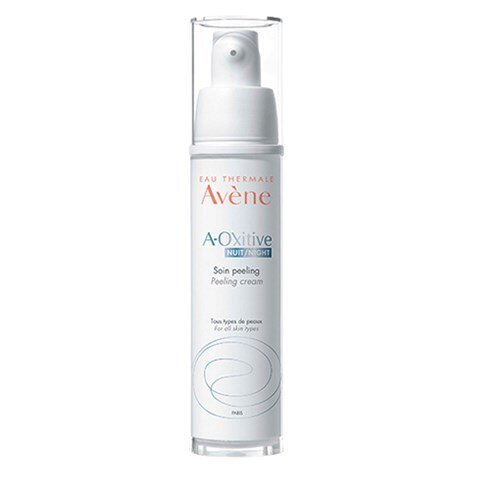
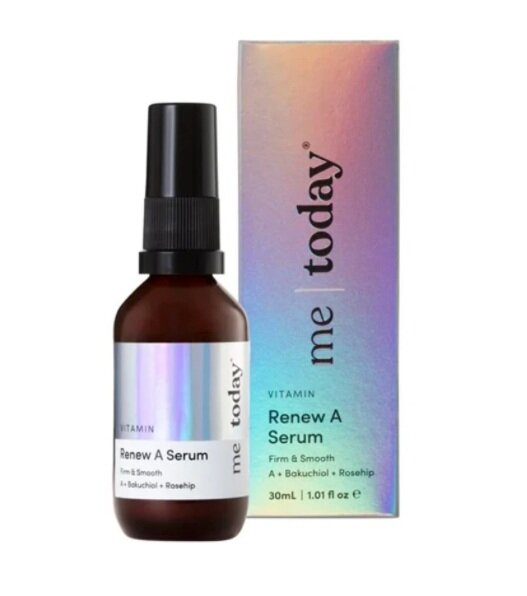
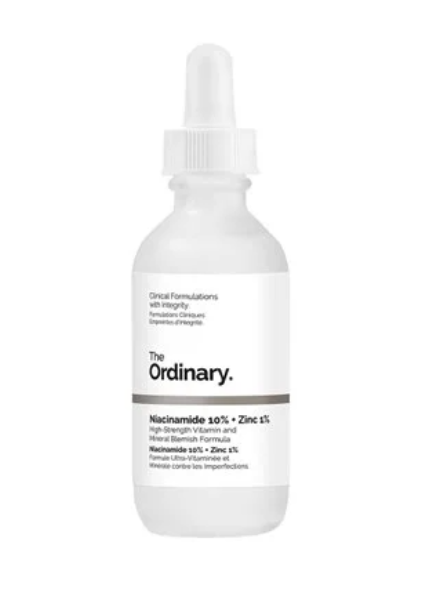
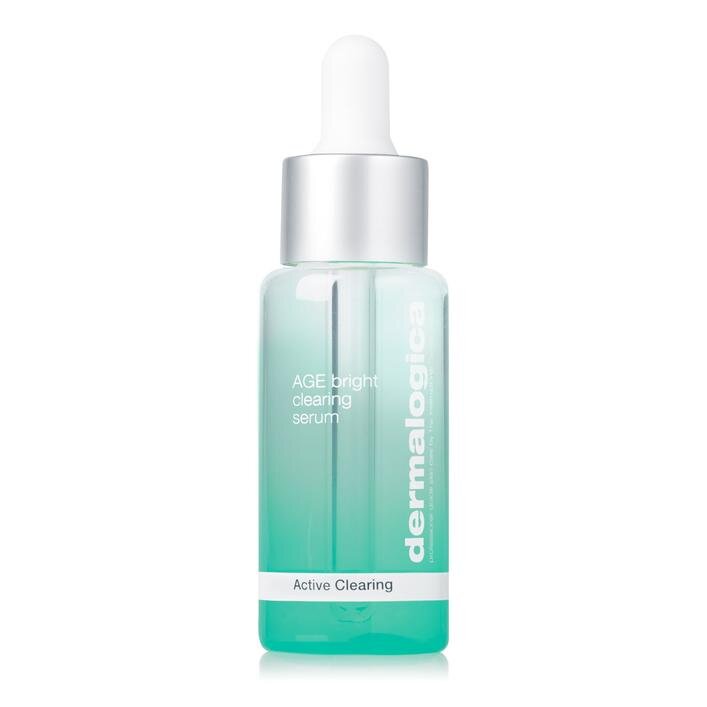
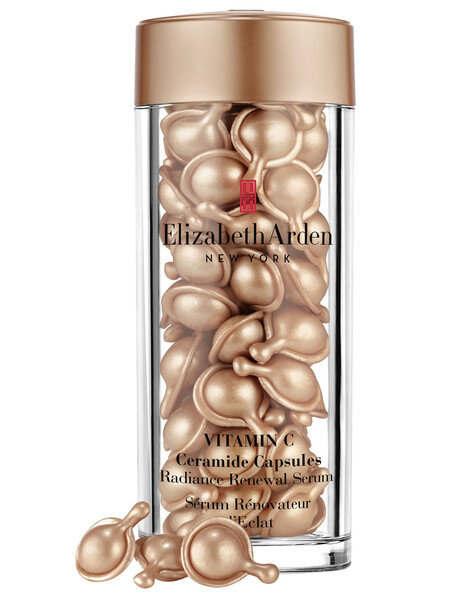
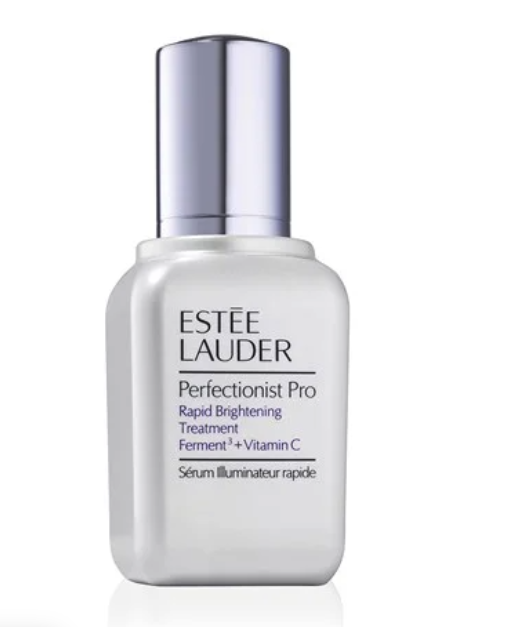
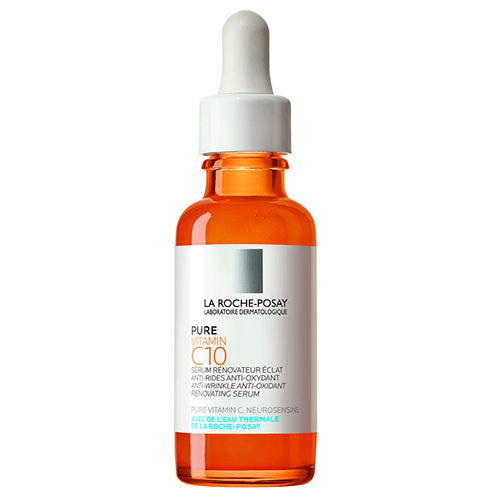
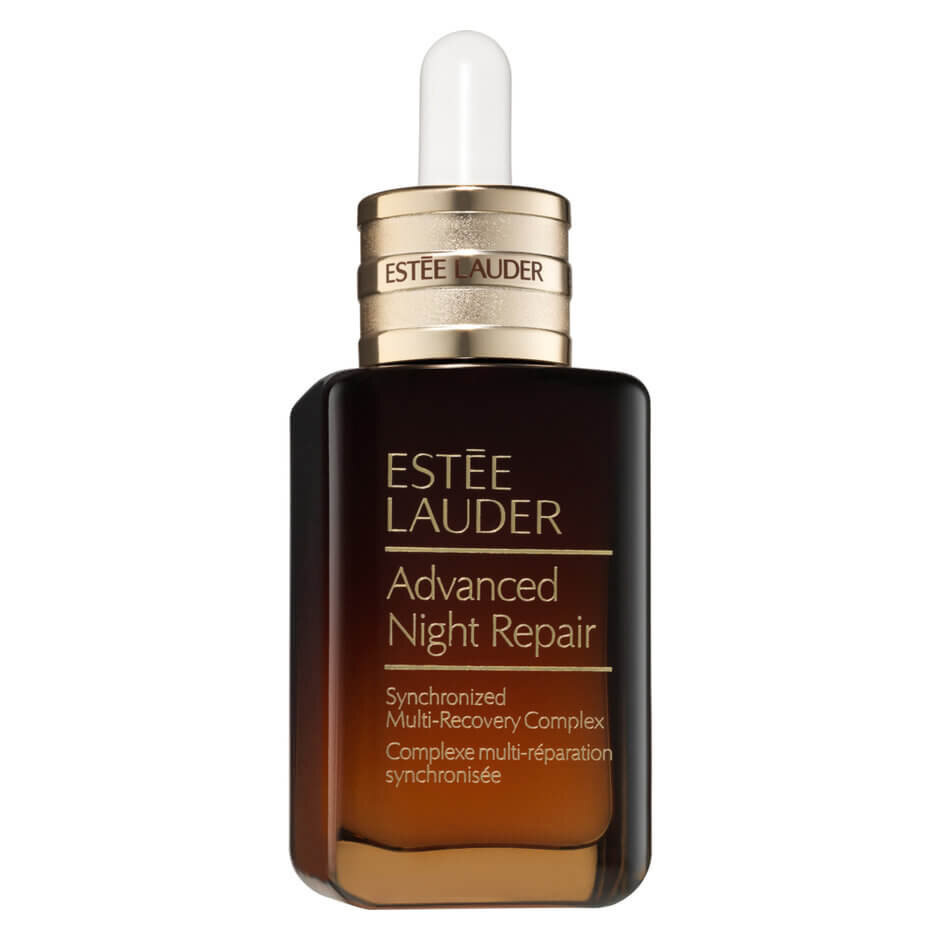
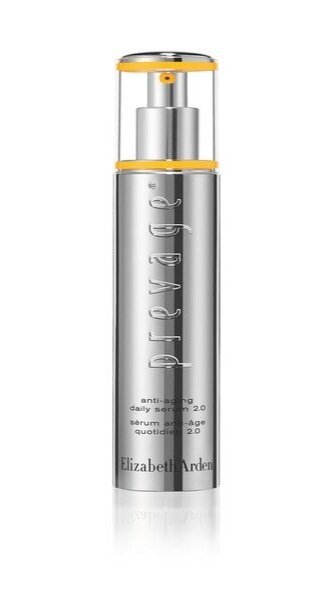
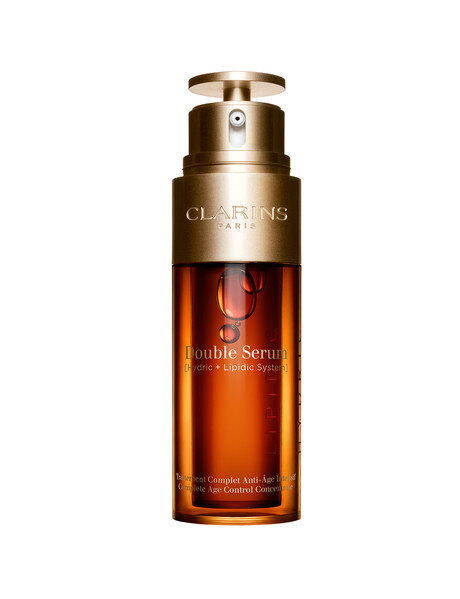
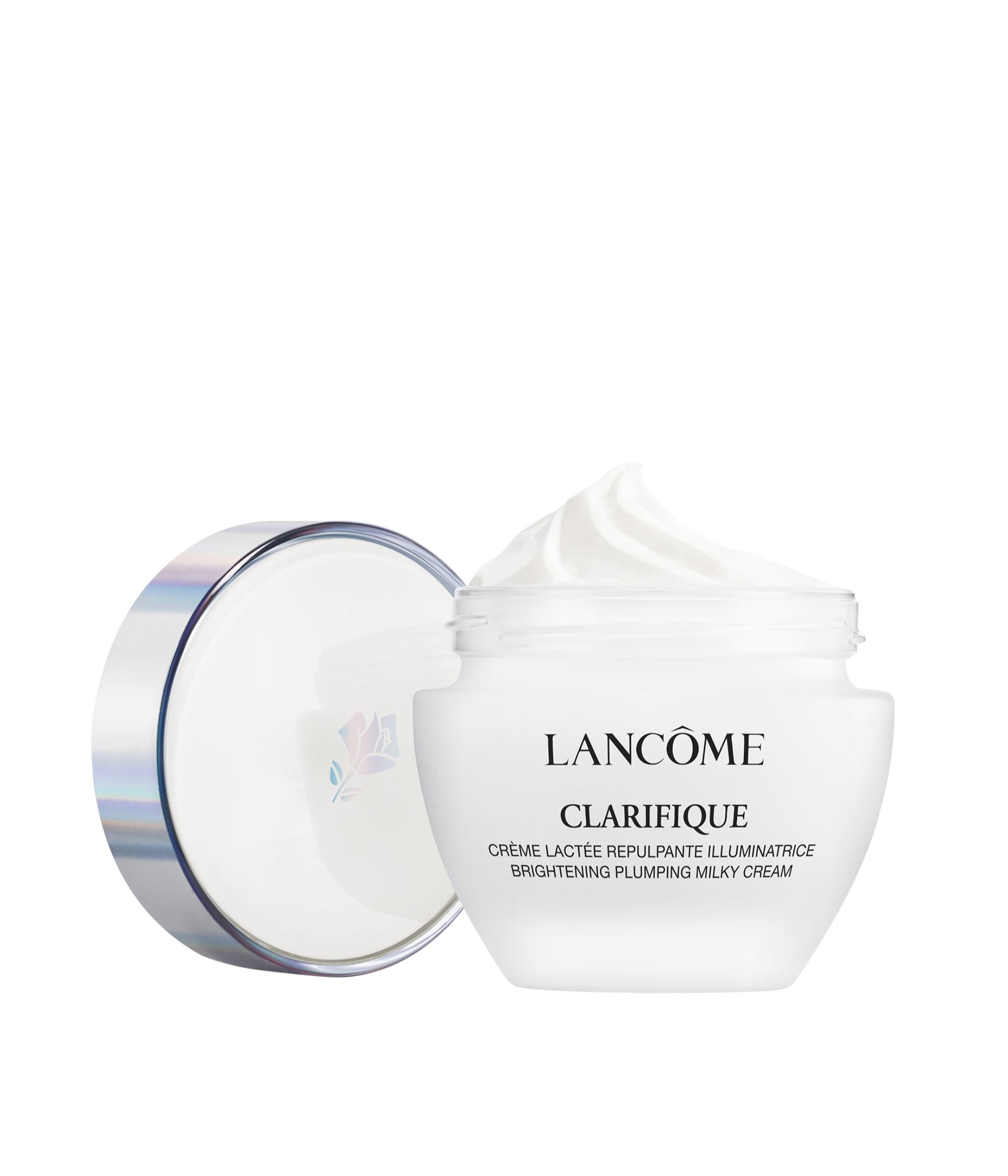
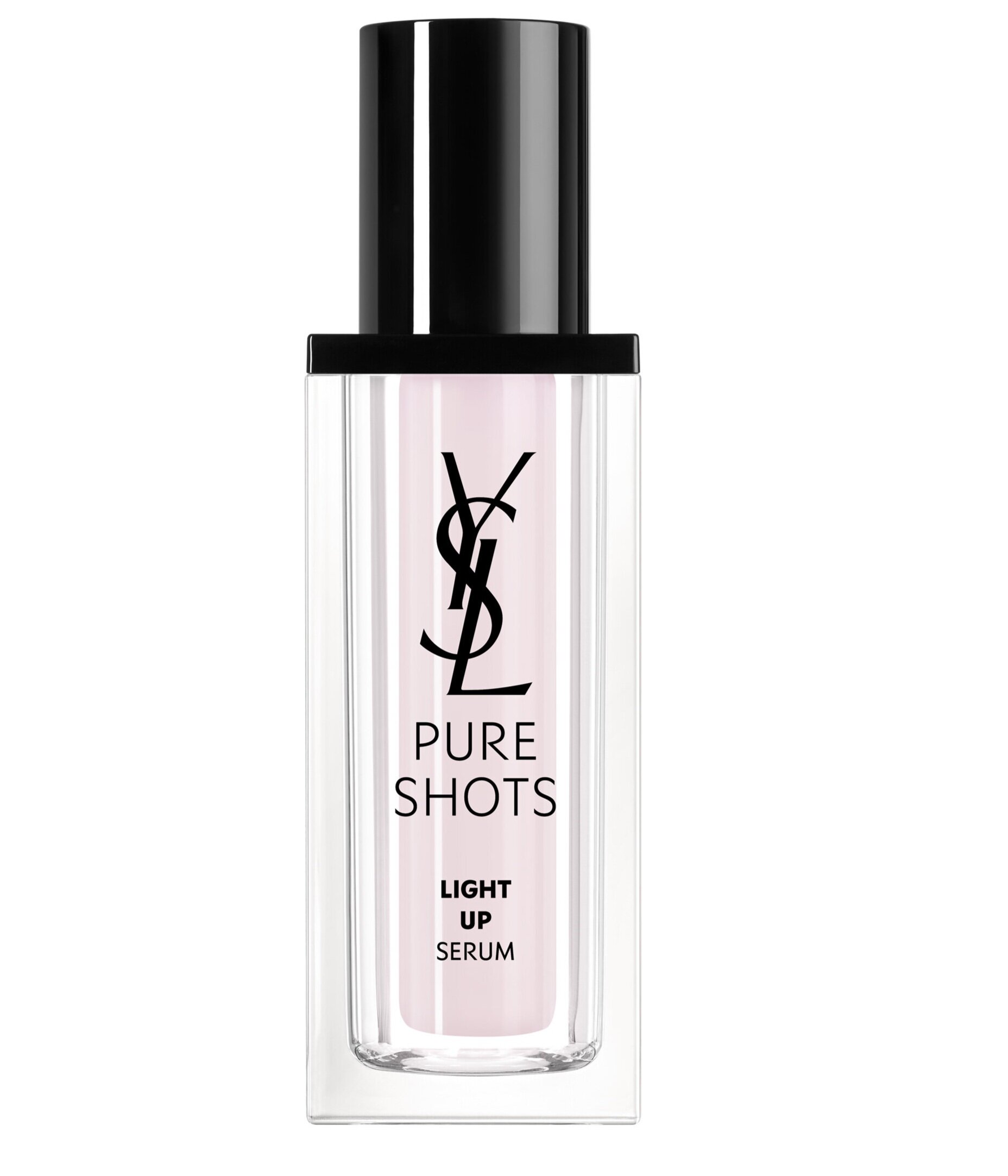

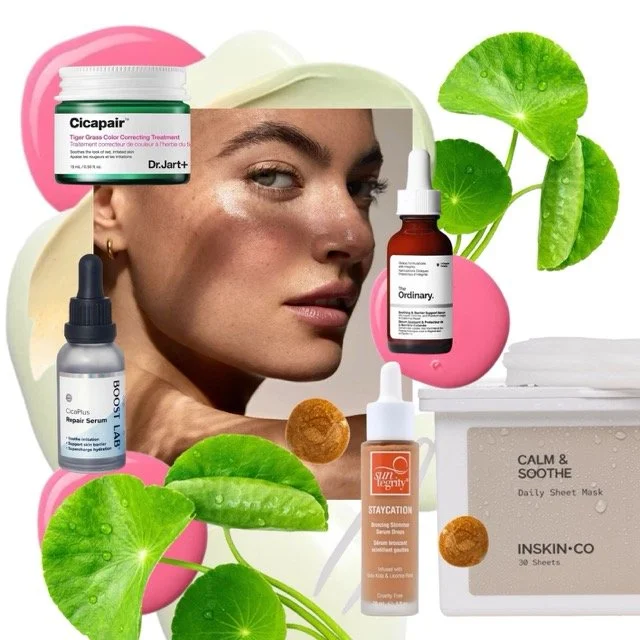

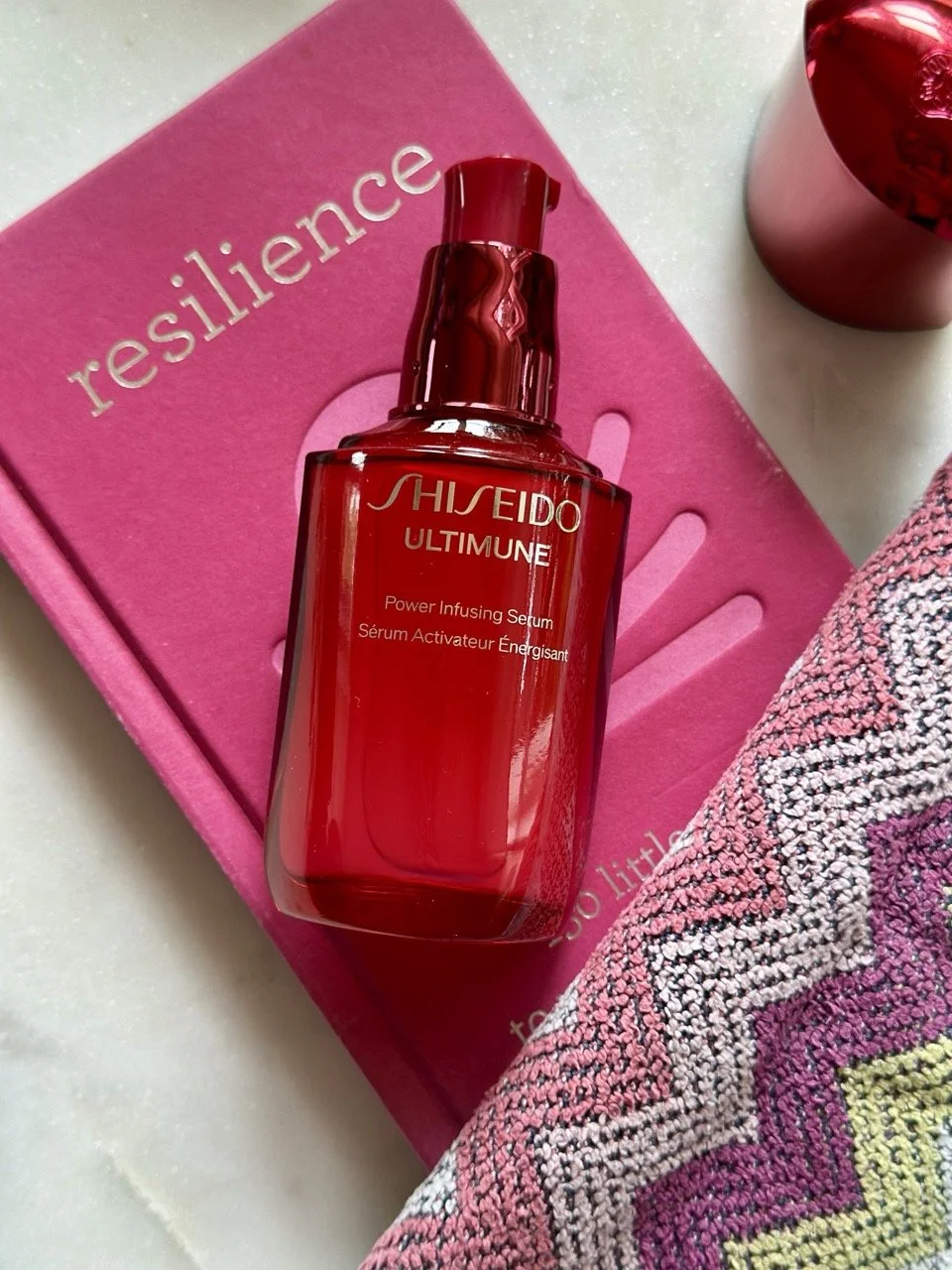


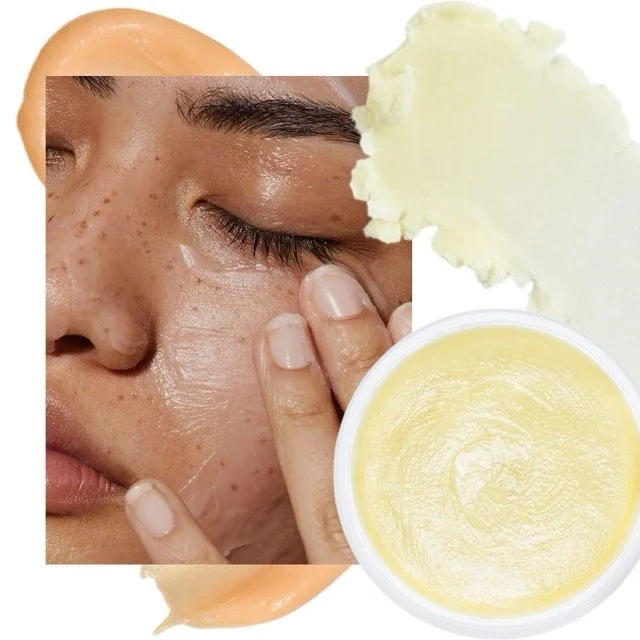

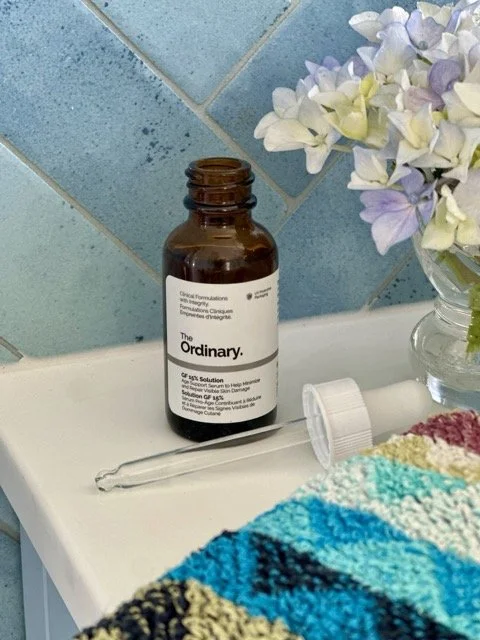
Update your beauty routine with these newbies.